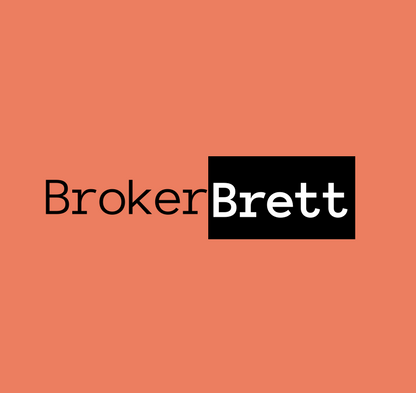The game escalated. People are making better podcasts and YouTube videos. Startups are growing up, dying, being acquired or rocketing off on their own. InsurTech was once a place where you could be ahead of the crowd just by being in the conversation, now you really have to dig in. This is my attempt to return to the written side of the conversation.
InsurTech 2.0 or 3.0?
I am stealing "InsurTech 2.0" from a recent Coverager video, but I really think we are in the second or third iteration of this. It's interesting how the starter InsurTechs got mad when the carriers and big money showed up, like they knew about a band early, and then were upset to hear them sounding mainstream on the radio. Which I understood. More recently, I have seen brokers and agents on the InsurTech seen too, which surprised me, I am used to being only one who pounds the pavement in "InsurTech" rooms.
This Had to Happen
Technology digitizes what was once analog, for instance, tickets at a restaurant are now being transferred to the kitchen via tablets. Claims photos are being sent in from Lift drivers with drones. If there are efficiencies in other markets (APIs for airline tickets for instance), it only makes sense that they're going to flourish in our 7 trillion dollar industry like insurance too.
I never looked at InsurTechs as competition, partially because I was new and had nothing to defend, but more so because it seemed like an opportunity to do more with less. InsurTech tools and companies have always seemed lighter and more nimble too, plus their doors are open and they're game to work with new agents.
The Two Become One
It makes sense that the carriers waited to see what InsurTechs and startups could sus up before becoming involved. It's not a perfect analogy, but if you are leading a 10,000 person army, you're not going to worry about recruiting 10-20 good fighters, but if those fighters reach 200-300 people and are very effective you're going to welcome them in with open arms. InsurTechs have proved their worth, and now it's a matter of seeing what seasoned InsurTechs and Insurance can do together.
You're Still Going to Need a Homebase
This is speaking from an "agent boots on the ground" perspective. If you're looking to offer multiple products or sell upmarket I still think having a brick and mortar, or the appearance of an office, will help. If you are selling a single thing direct to a consumer you may be able to get away with running it all off a website, but I still think you need an agent and a face for credibility, especially for working on projects at scale. The cool thing is you can really scale your reach and credibility through cool web tools though.
What is Coming Next?
I think agents are going to get more and more savvy, and they'll need traditional agency services less and less, hard marketing materials, office assistants, etc. You can plug in your HR tools, you can automate marketing, you can have a back office in a different country. Especially with the bulk of insurance talent being in their late 50s and early 60s, the next generations is going to have to digitize and automate, but I think you'll still want that local touch to bring in high-value clients.
In Summation
Insurance and InsurTech are going to keep intersecting until they're one thing, and the industry will be a new version of its old self. Startups will become mature companies, have processes and rules, and smaller companies (startups) will try and run past them again. The cycle is going to repeat, but not as violently as this time, this was the web and globalization really impacting the insurance industry.
You're going to need that human touch, in my opinion, unless it's a one-off direct product. Carriers are going to make smoother and smoother apps, but they're still going to move rather slow. Savvy groups like AON are going to continue to scoop up the Coverwallets of the world as an extension of their brand and to grow their brain trust. I wouldn't be surprised if the more senior InsurTechs scoop up the younger ones too, like Spotify (the streaming giant) buying The Ringer (a startup media company) for a billion dollars. Part of the Spotify-Ringer deal was Bill Simmons (The Ringer CEO) helping to figure out the podcast roadmap for Spotify too.
In my humble opinion, everything changes and everything stays the same. I don't see insurance / insurtech being any different.
Unknowns
IOT, CoronaVirus, 5G and the 2020 US Election should be interesting wrinkles this coming era for insurance. I think we're going to see a lot more embedded insurance like Tesla offers, and companies like ACORNs adding insurance offerings to their suite of services. They'll take pieces of business, but think the majority of business will be in agents' hands for a good long time.
Thank You
If you have made it this far in the article, I really appreciate it. This was definitely a broadly brushed piece, I'll try and drill down into more specific topics next time.
Cheers,
-Broker Brett
brett@brokerbrett.com
brokerbrett.com

